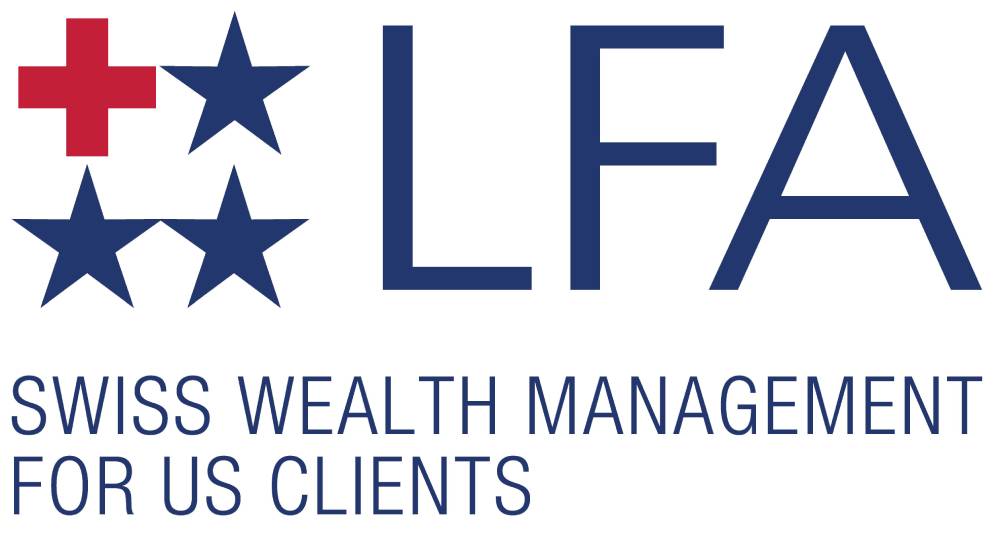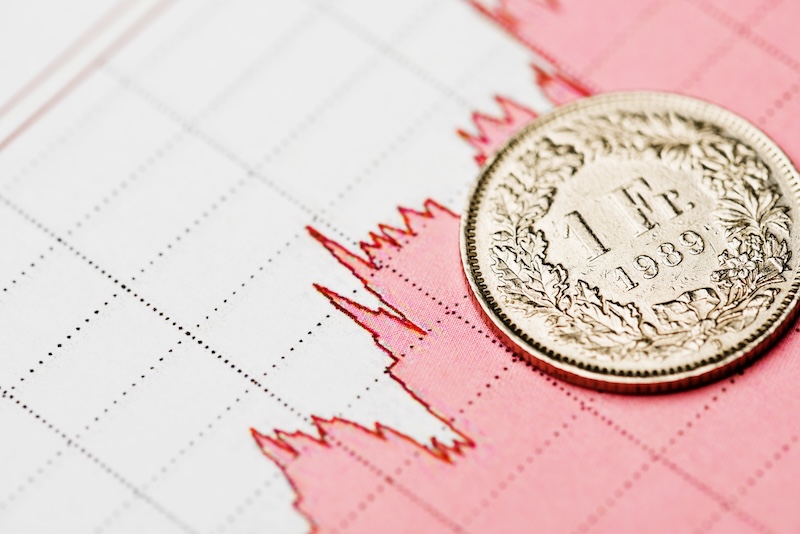In today’s volatile global economic environment, uncertainties seem to be a constant. From political upheavals to trade wars and currency devaluation, finding safe investments is more critical than ever. One potential solution lies in the Swiss Franc. Known for its stability, the Swiss Franc has long been considered a hedge against global economic and political risks, particularly for U.S. investors looking for ways to protect and diversify their wealth.
Understanding the Swiss Franc
The Swiss Franc has a storied history as one of the world’s most stable currencies. Switzerland’s long-standing neutrality, its strong economy, and its robust financial sector have all contributed to the Franc’s status as a safe-haven currency. Even during turbulent times, the Swiss Franc has maintained its value, offering a level of predictability that is rare in today’s markets.
What sets the Swiss Franc apart is a combination of Switzerland’s political stability, a highly developed banking system, and conservative monetary policies. These factors make the Swiss Franc less susceptible to the kinds of economic shocks that often affect other currencies. Switzerland’s commitment to fiscal discipline and low inflation has only reinforced this reputation, making the Swiss Franc a go-to asset for investors seeking stability.
The Swiss Franc as a Hedge Against Global Uncertainty
Historically, the Swiss Franc has demonstrated remarkable resilience during periods of global economic downturns. Whether during the 2008 financial crisis or the COVID-19 pandemic, Franc’s value either held steady or appreciated as investors moved their assets into safer, more secure currencies. This consistent performance should reassure U.S. investors about the Swiss Franc’s potential as a hedge in times of economic uncertainty.
Political instability, too, has driven investors toward the Swiss Franc. Geopolitical tensions, conflicts, and unexpected shifts in government policies can lead to currency volatility. In such environments, the Swiss Franc often serves as a safe haven, offering a sense of security amid the chaos.
Furthermore, as inflation and currency devaluation continue to be a concern worldwide, holding Swiss Francs can act as a shield against these risks. With its low inflation rates and fiscal conservatism, wealth management in Switzerland remains a solid option for protecting assets during uncertain times.
Benefits for U.S. Investors
For U.S. investors, adding Swiss Francs to your portfolio offers an effective way to diversify risk. Given that the Swiss economy often operates independently from the global economy, including the Swiss Franc in your portfolio can reduce your exposure to domestic market fluctuations.
This is particularly beneficial during times of U.S. economic uncertainty or political instability, as the Swiss Franc’s value may be less affected. By diversifying your holdings with the Swiss Franc, you can protect yourself from unexpected downturns in the U.S. economy.
Another advantage lies in risk mitigation. The Swiss Franc’s historical resilience means it has the potential to counterbalance market volatility. If U.S. stocks or bonds face a downturn, the value of Swiss Franc assets might provide a buffer, helping preserve your wealth. This potential to counterbalance market volatility should instill confidence in U.S. investors about the Swiss Franc’s risk mitigation capabilities.
Investing in the Swiss Franc
There are multiple ways to invest in the Swiss Franc. Exchange-traded funds (ETFs) that track the Swiss Franc provide a straightforward and accessible method. These ETFs allow you to gain exposure to the currency without dealing with the complexities of foreign exchange markets.
However, like all investments, ETFs come with risks, such as management fees and potential underperformance relative to the currency itself. It’s important to consider these risks and compare them with the potential benefits before making an investment decision.
For those looking for more direct exposure, investing in Swiss Franc futures contracts offers a way to bet on the currency’s future performance. Alternatively, you could consider direct investments in Swiss assets or even opening a Swiss bank account.
Offshore bank accounts in Switzerland, known for their confidentiality and strong regulatory frameworks, can also offer protection and diversification for U.S. investors. If you choose this route, it’s essential to understand the regulations surrounding Swiss wealth strategies and bank accounts for U.S. citizens.
Considerations and Risks
As with any investment, there are risks to consider. One of the main risks associated with the Swiss Franc is currency fluctuation. While the Swiss Franc has a strong reputation for stability, it is not immune to changes in the global currency markets. Investors should be prepared for potential fluctuations in value over time.
The regulatory environment for foreign investing in Switzerland is complex. It’s important to stay informed about the legal requirements and restrictions to ensure you are in full compliance.
Learn More From LFA
In an era of global uncertainty, the Swiss Franc presents a compelling option for U.S. investors looking to hedge against economic and political risks. Its historical stability, combined with Switzerland’s strong financial system and political neutrality, makes it an attractive addition to any diversified portfolio. If you want to protect your wealth and reduce risk, the Swiss Franc is worth considering.
For more information on how to diversify your wealth and explore investment options in Switzerland, please contact us at our LFA website or check out this resource on investing in Swiss Francs. Consider incorporating the Swiss Franc into your strategy today to safeguard your future.


